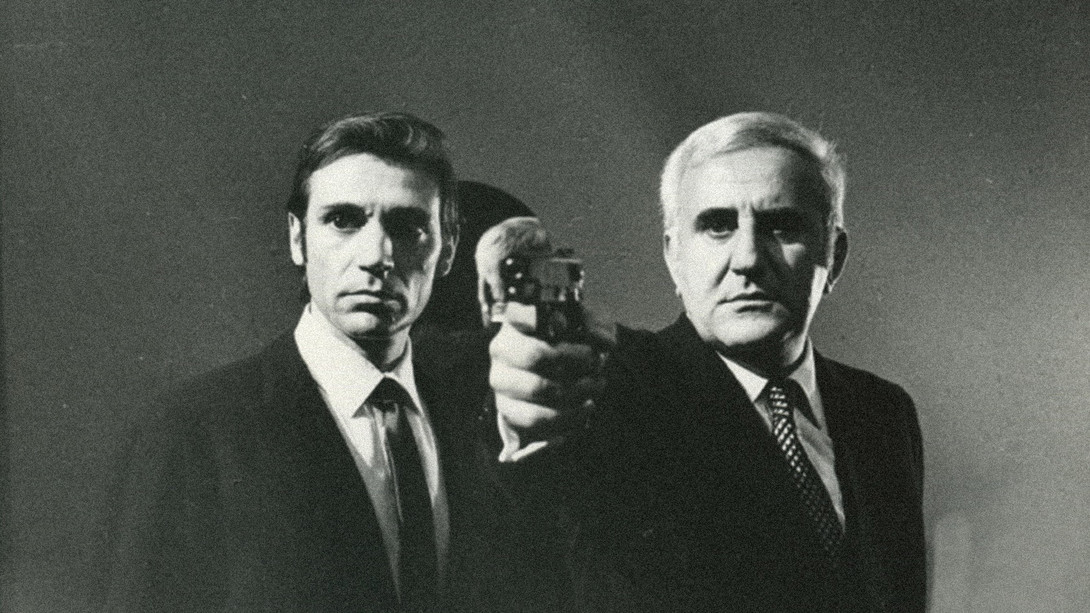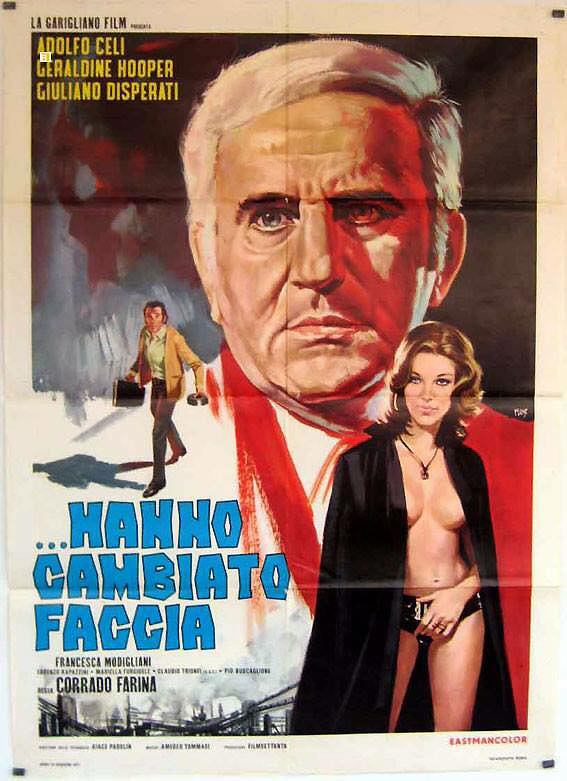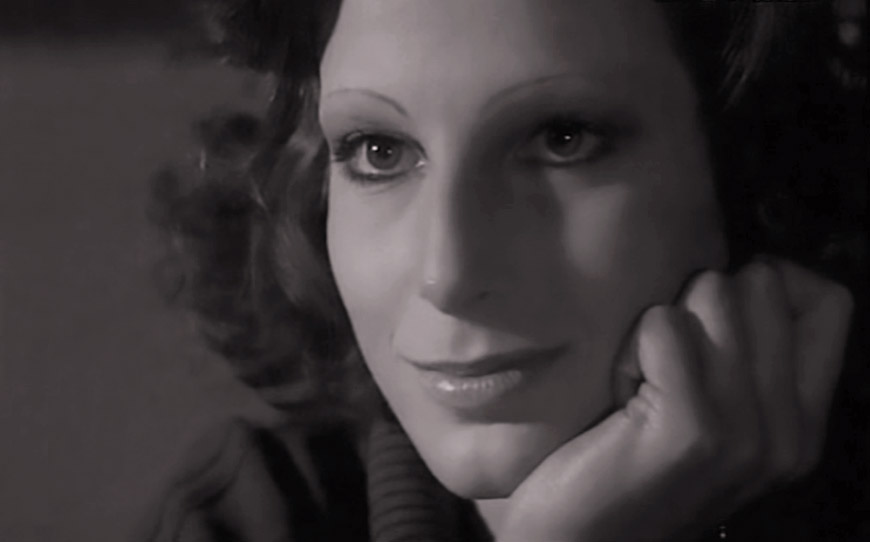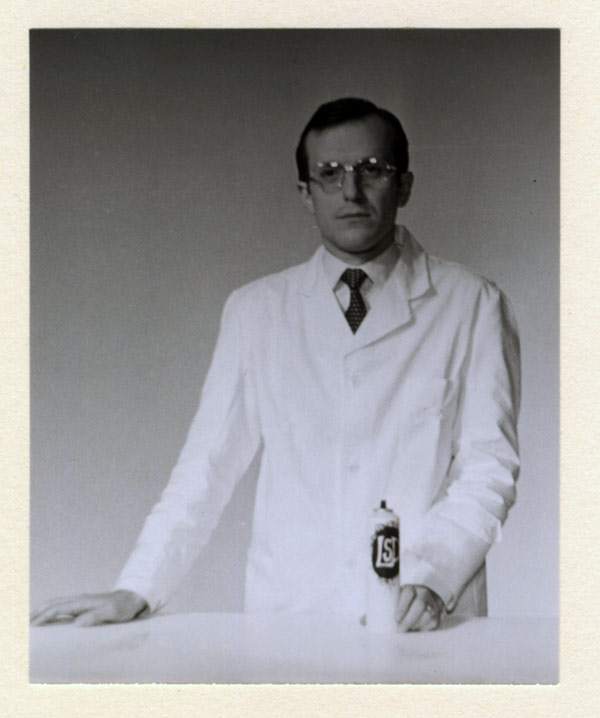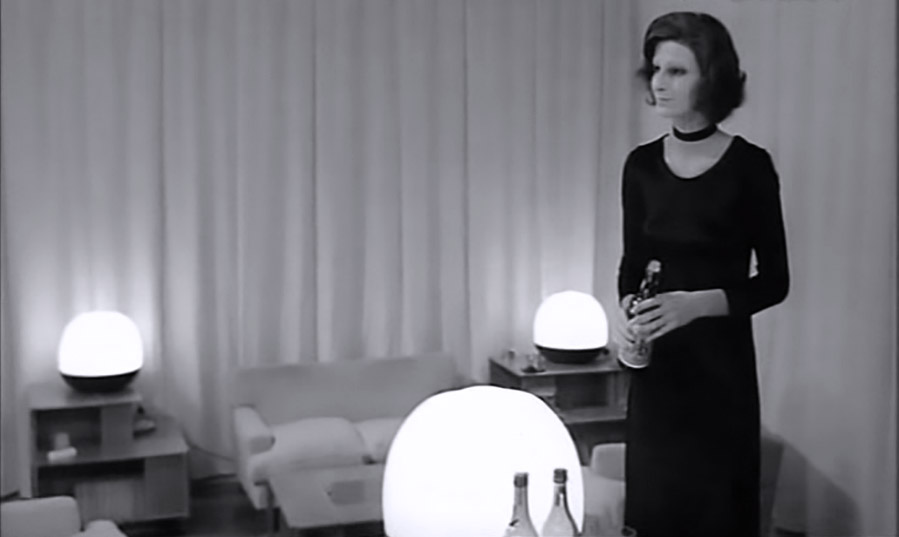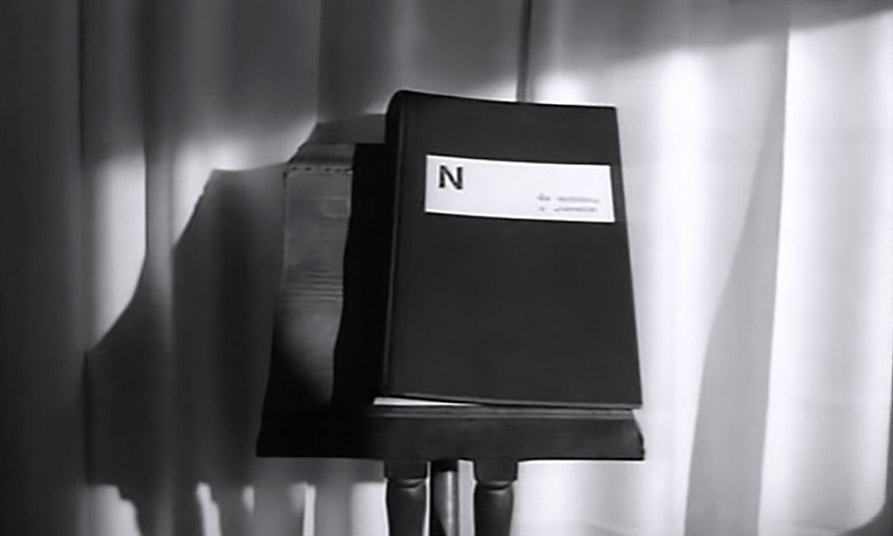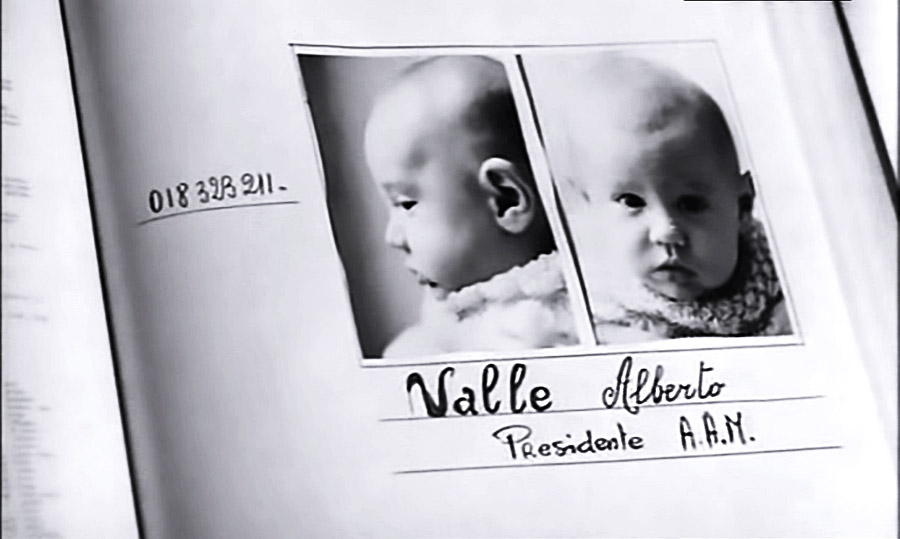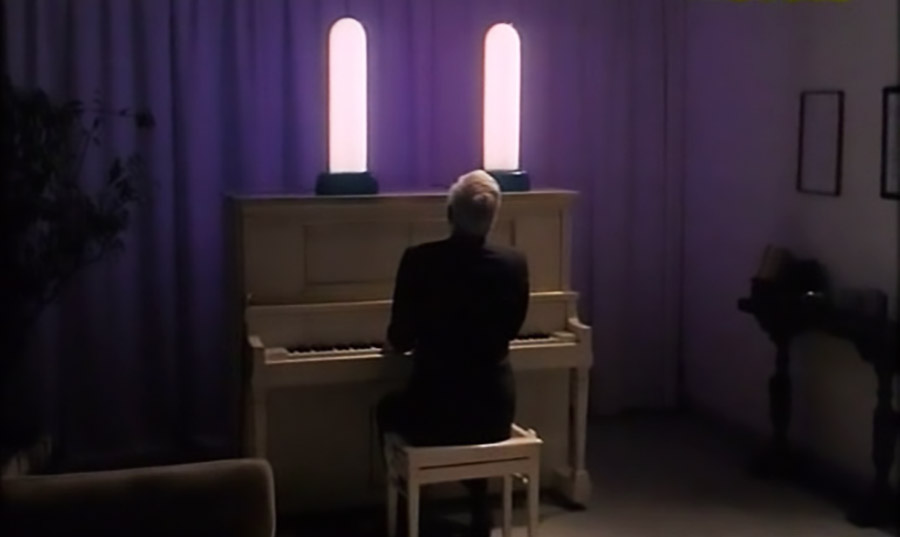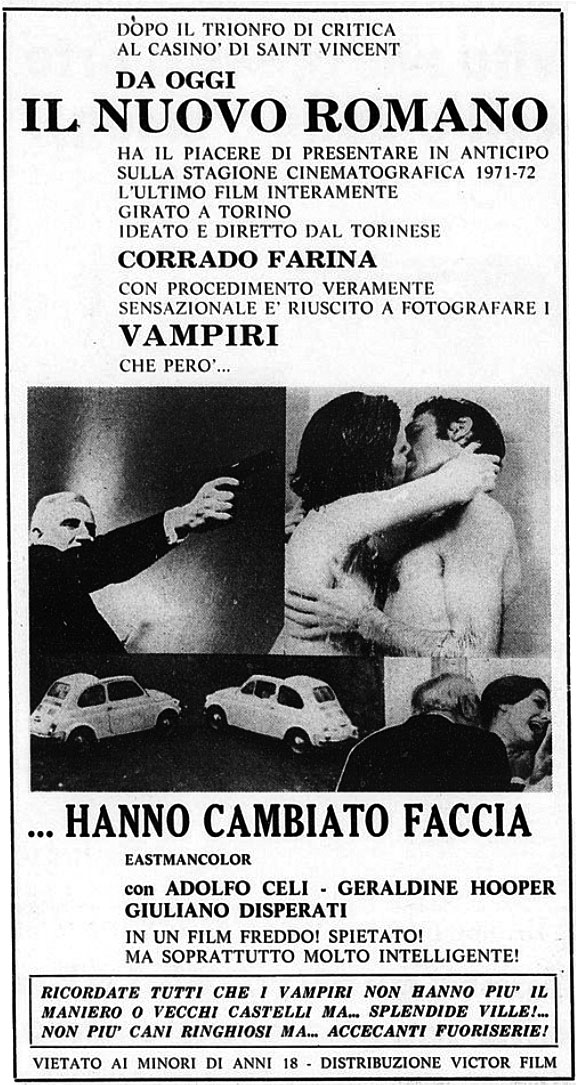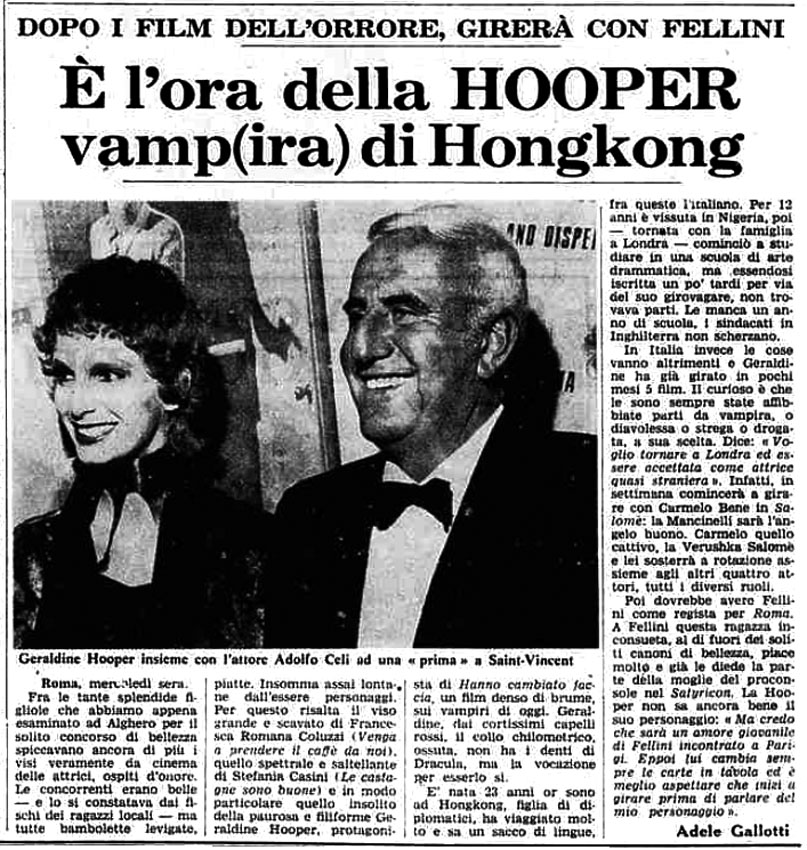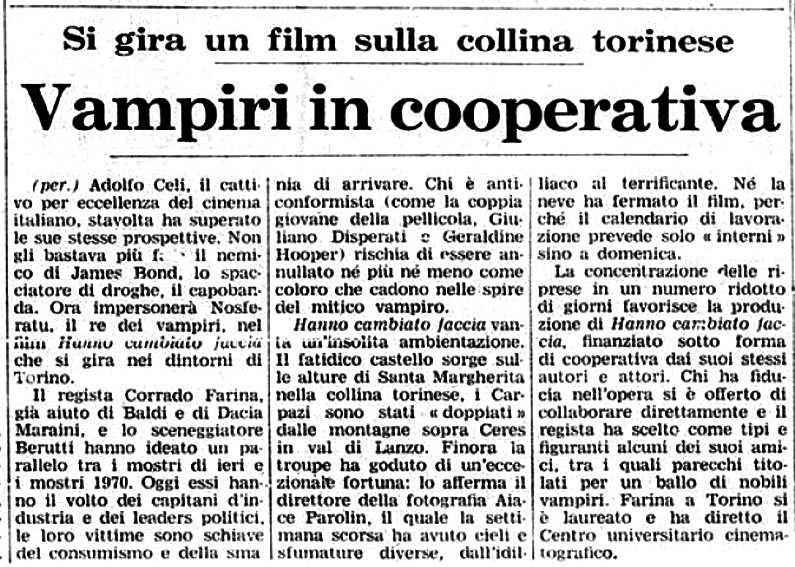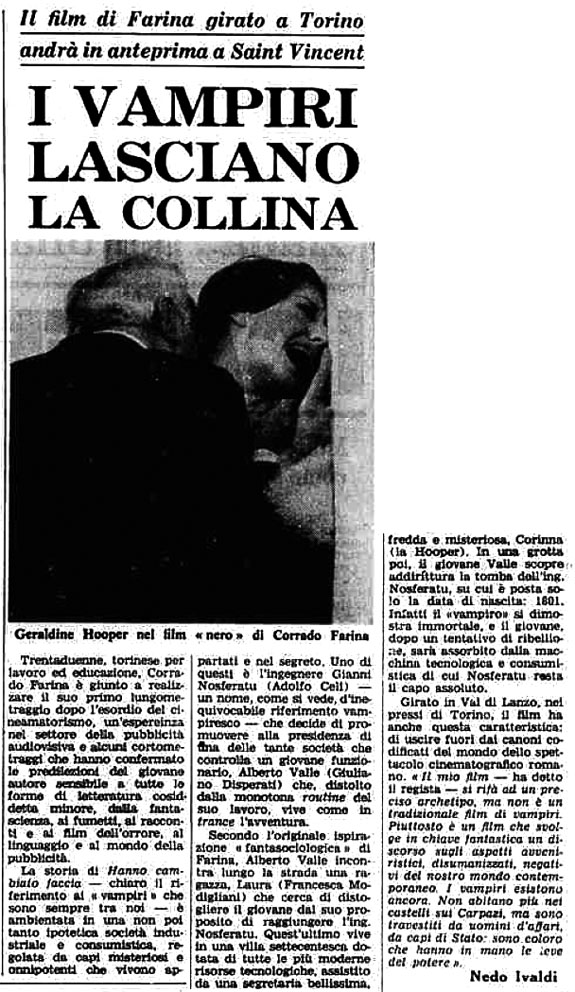”This year falls the fiftieth birthday of this incredible film, just as incredibly as unfairly forgotten.
The Boss
The opportunity has arisen, after so many years, to be able to see again this particular film by Corrado Farina, which contains an urgent and current message, and we felt so called into question that we needed to review it to help give it the visibility it deserves.
It is a work that unfolds through a precise use of symbolism and a peculiar use of the camera and the very tense music of the excellent Amedeo Tommasi of Avatiana’s memory (unfortunately recently passed away), which will also be a source of strong inspiration for future cinema ” argentiano ”(The Goblin will take from it with both hands).
Throughout the film, a disturbingly increasingly topical message is shouted with urgency: beware of the power of technology which, seen as a monster, ensnares and intimidates man, making him his succubus and extinguishing in him every spirit of self-awareness, criticism and rebellion.
Given the nature of the film, it is impossible not to anticipate the plot, so we strongly recommend that you view it and come back later on this article, to compare your opinions with ours.
Plot:
Dr. Alberto Valle, (Giuliano Esperanti, alias Giuliano Disperati), an employee of the important Auto Avio Motor, is summoned by the president of the company and invited to go to the owner’s villa, Eng. Giovanni Nosferatu (Adolfo Celi).
Arriving in the rural town surrounding the house, Valle meets Laura (Francesca Modigliani), a hippy who travels aimlessly, in search of experiences that take her away from everyday life.
Once they arrive at the villa, Laura decides to wait for her companion in the car, while the latter goes to meet the tycoon. The atmosphere, which already appeared sinister around the village, inside the Nosferatu estate becomes even more burdensome and oppressive.
Along the driveway, Valle is escorted by two white Fiat Cinquecentos, driven by strange men who do not answer his questions. Crossing the threshold of the house, Corinna (Geraldine Hooper), the engineer’s icy personal secretary, is waiting for him.
The subsequent interview with Nosferatu brings with it some big surprises: the businessman proposes to Valle that he become the new president of the company, and for this reason invites him to stay at the villa so that his decision can mature.
Events follow one another at a fast pace, and Alberto finds himself involved in a strange but engaging relationship with Corinna. However, during some solitary patrols, he makes a disturbing discovery…
The Cinquecento which, used as guard dogs, patrol the villa, is an obvious metaphor of the working class made dull and sensorily deprived to serve the master by betraying their soul and individuality.
The same thing will happen to the protagonist when he chooses to abandon his purity – here symbolized by Laura (The Aura, with an amethyst ring), the young girl he met on the street – to cross the gate of Villa Nosferatu, accepting the appeal and corruption of power and being able to discover “how deep does the Rabbit hole go”.
Disperati may not be a perfect actor but he plays the role well and his facial mimicry makes the part of a man struggling with a vitally important dilemma well, Hooper perfectly embodies the cold and wiry Corinna, an enigmatic character even more than himself Nosferatu. Celi, as usual, is very solid in a perfect role for him.
Farina fully exploits its experience in the advertising field and effectively avoids ending up enclosed in the genre film, while effectively exploiting the wave to shout its message to the world.
Despite this, the gothic vein that pervades the film will end up profoundly influencing precisely what is considered the most famous of the Italian directors of the genre film.
Furthermore, the freshness of the ideas discussed even seems to be ahead of its time to marry well with the current ones, almost a ‘premonition’.
An excellent sequence shows a series of babies in cribs and a huge register where the names and “fates” of present and past babies are read. There Alberto finds his name and a photo of him as a child with the expectation that he would become President of Auto Avio Motor.
Nosferatu raises his favorite children so that in the future they will play a role under him, maintaining absolute and strict control, trying to prevent them from free will. This image can logically be extended to all Italians, whose fate, whether they are aware of it or not, is almost always decided by “others”.
The association of the character of engineer Nosferatu with a well-known figure in the automotive industry of the time was immediate, but at the same time, he was even more in tune with current times.
The meeting of the board of directors is a masterpiece of subtle irony because at the table of Nosferatu sits every kind of power, even the ecclesiastical one.
The metaphilmic part of the commercials is not only hilarious but perfectly in step with today’s times.
In short, we find ourselves in front of a small art film which, however, has the advantage of speaking in the face and therefore being usable by anyone.
From an aesthetic point of view, the canons of the time are well represented by Space Age-style furnishing accessories, including the splendid Platea Artemide lamps designed by Ferrari-Mazzucchelli-Tartaglino, which mix with more classic elements, giving an icy atmosphere to the movie, an atmosphere where colors are kept on soft pastel shades except for some studied sudden break with bright colors (see the yellow sweater, a symbol of knowledge and intellect, by Desperati in the daytime scenes outdoors and in the crypt).
The insertion of continuous interactive advertising jingles that come into operation when objects are used inside the rooms of the villa and meals based on fluidized foods, defined as ‘gastronomic socialism’ and deliberately made devoid of shape and flavor, in order to avoid evoking useless pleasures that would translate into wasted energy instead of being used for ‘productive’ purposes.
As already mentioned, Argento will take a lot from this film, from the shots and camera movements (especially during the explorations through the corridors and in the crypt), to the music, from the lights-colors-scenography of the scene in which Nosferatu plays the piano from behind and even the use of Hooper as a character actor for the androgynous character Massimo Ricci in Profondo Rosso (Deep Red).
It is impressive how much the scene of the discovery of the register of the ‘predestined’, during the exploration of the corridors, remembers Suspiria (but also Inferno) for music and events but obviously, it cannot but also recall the famous scene of the cultivation fields of humans in the Matrix.
Some of the ‘slogans’ launched as diabolical mantras during the film:
‘Humans, you force them to work and they say thank you’
‘Advertising and sex’
‘Alice in the land of consumerism’
‘The sale of indulgences’
‘The future occupation of all children is to be specialized consumers’
‘Return to the cradle’
‘Psychoseduction of children’
‘Recruiting new consumers’
‘The direction of consent’
‘How optimism is cultivated’
‘The consumer should be attacked when he least expects it, in the intimacy of the living room, kitchen, bedroom’
‘Mass narcissism’
‘Attack on the unconscious’
‘The whims of the consumer’
‘The material we work on is the very substance of which the human mind is made’
‘The symbols of prestige’
‘Hooks are lowered’
‘Canned soul’
Incredibly, Farina’s film was opposed by that liberal left that should have embraced it and elected it as its bulwark and, against all obviousness, chose instead to snub it and even put it down openly from the pages of L’Unità with a review that leaves you speechless:
“We would say that for a first work it shows itself as a whole terribly dated with all the paraintellectual charms it flaunts, with all the smug” citations “of the cinema of glorious periods typical of the inveterate cineclub-goers, with all the apparently desecrating paraphernalia of myths and presences of our time against which, if you really want to be right, you need very different energies, very different clarity, much more courage than the acrobatic and childish metaphors of They Have Changed Their Face”
“Sorry to say such severe words for a first work such as Corrado Farina’s but the fact is that in it the apparent charge of subversive action is tinged with such and many common banalities against which we believe it would be guilty to remain indifferent or worse, acquiescent »- Sauro Borelli, Variable Mediocrity at the XXIV Locarno Film Festival, in L’Unità, 10/08/1971.
At the Locarno Film Festival that year where the film won the Golden Leopard as a first work they were of a very different opinion indeed.
We close with the excellent words of Salvatore Incardona, taken from his article on the film, and a consideration by Corrado Farina himself:
Salvatore Incardona:
-We will not dwell on what disastrous consequences certain types of comments had at the time, but it is easy to imagine how this ostracism ended up influencing the judgment of the public (specialized and non-specialized), thus preventing the film from receiving the adequate distribution. Indeed, the blocking of censorship also came to curb any possible large-scale diffusion on a large scale, affixing an arbitrary as well as incomprehensible V.M. 18.
And in this regard, the words addressed by Giovanni Nosferatu to his employee Alberto Valle after the proposal to put him at the head of one of the companies can only be emblematic: “You are thinking that this speech is disproportionate to the offer I make to you. But it is not. I don’t just own a certain number of factories, companies, department stores. I also own newspapers, political parties, opposition groups ».
Almost fifty years later, we are still left with a daring, precious work, for which we can perhaps blame some slight flaw in the direction – mainly due to the very limited budget available [Cfr. Corrado Farina, in D. Bracco, S. Della Casa, P. Manera, F. Prono (edited by), Torino città del cinema, Il Castoro, Milan, 2001.] – but which overall appears as a magma of fantasy and symbolism, of real and unreal, of compelling narration and merciless criticism which constitutes its specific character and its best value.-
Corrado Farina:
-I haven’t changed my point of view. If nothing else, it’s even more negative. I still consider a certain type of advertising – that which persuades or manipulates, rather than informs – as a driving force to push human beings in directions that are perhaps useful and positive from an economic point of view, but dangerous and wrong from an ethical and social point of view. . As Erich Fromm might say, it creates a focus on “having”, rather than on “being”.-
Scheda Tecnica
… THEY HAVE CHANGED THEIR FACE (1971) BY CORRADO FARINA
Year 1971
Durata 97 min
Genre Fantasy – Horror – Satirical
Director Corrado Farina
Subject Corrado Farina
Script Corrado Farina, Giulio Berruti
Production Filmsettanta
Cinematography Aiace Parolin
Editing Giulio Berruti
Music Amedeo Tommasi
Actors and characters:
Giuliano Esperati (Disperati): Alberto Valle
Adolfo Celi: Giovanni Nosferatu
Geraldine Hooper: Corinna
Francesca Modigliani: Laura
Italian dubbing:
Renato Turi: Giovanni Nosferatu
Benita Martini: Corinna
Press Review
Trailer from the movie “…THEY HAVE CHANGED THEIR FACE”
Corrado Farina was a multifaceted person who made a lot of different things. His shorts and the commercials, which can be easily found online, are interesting as his books and his other works. A visit to his web page is recommended.

